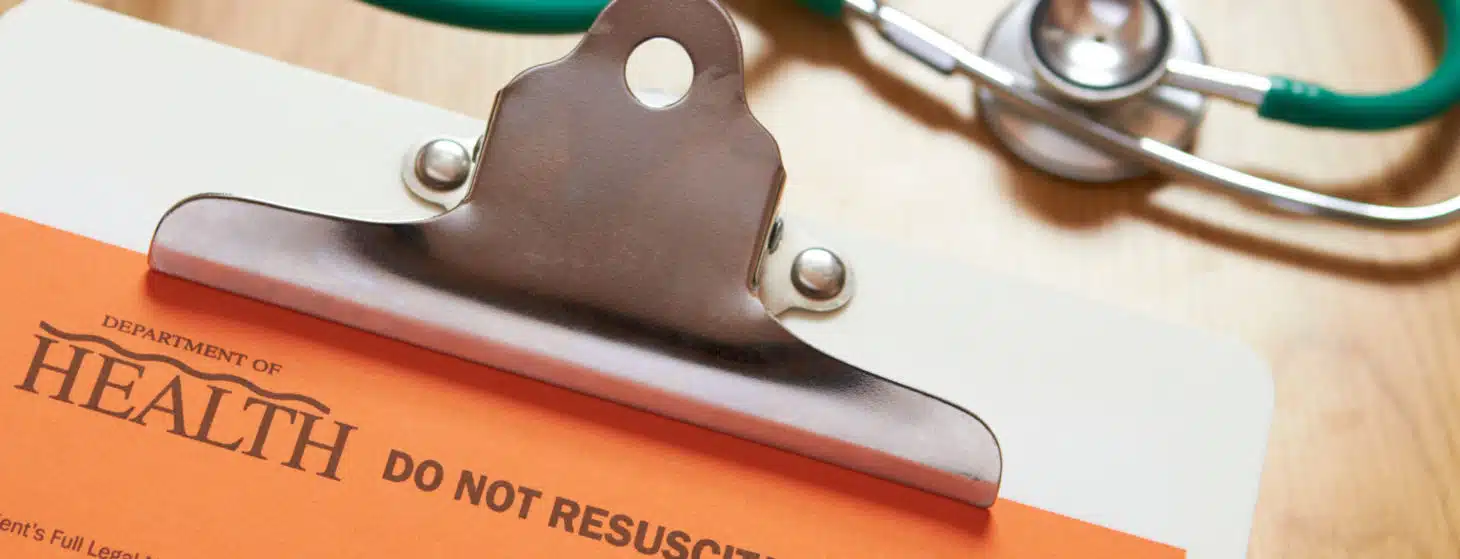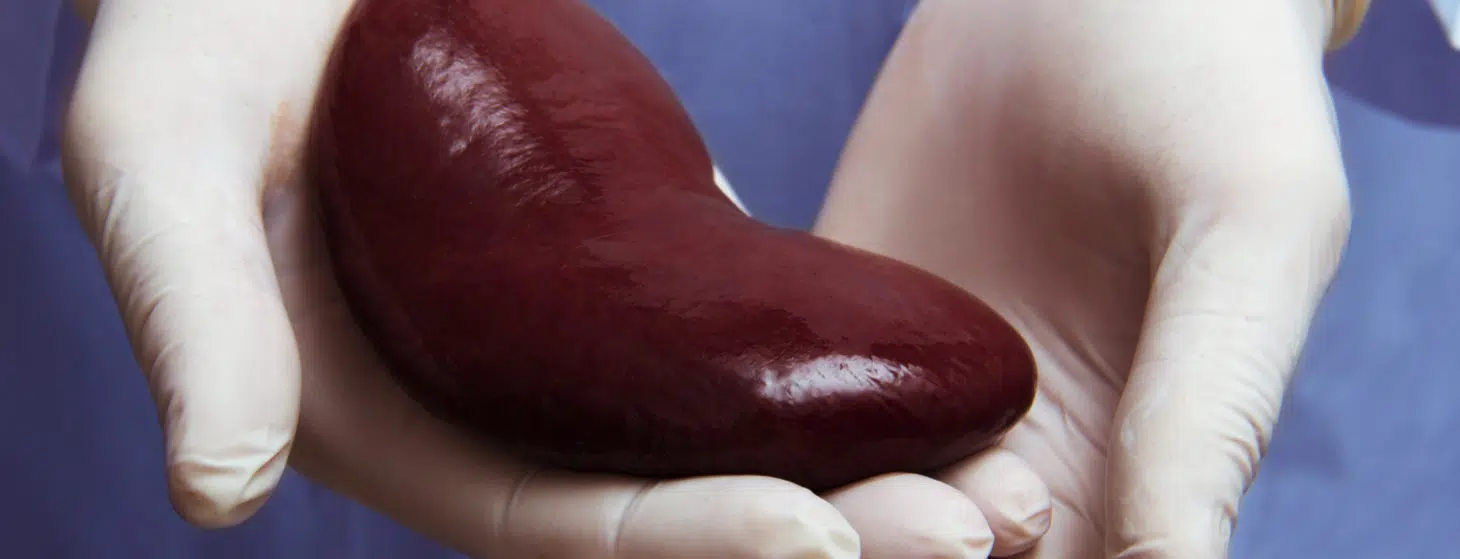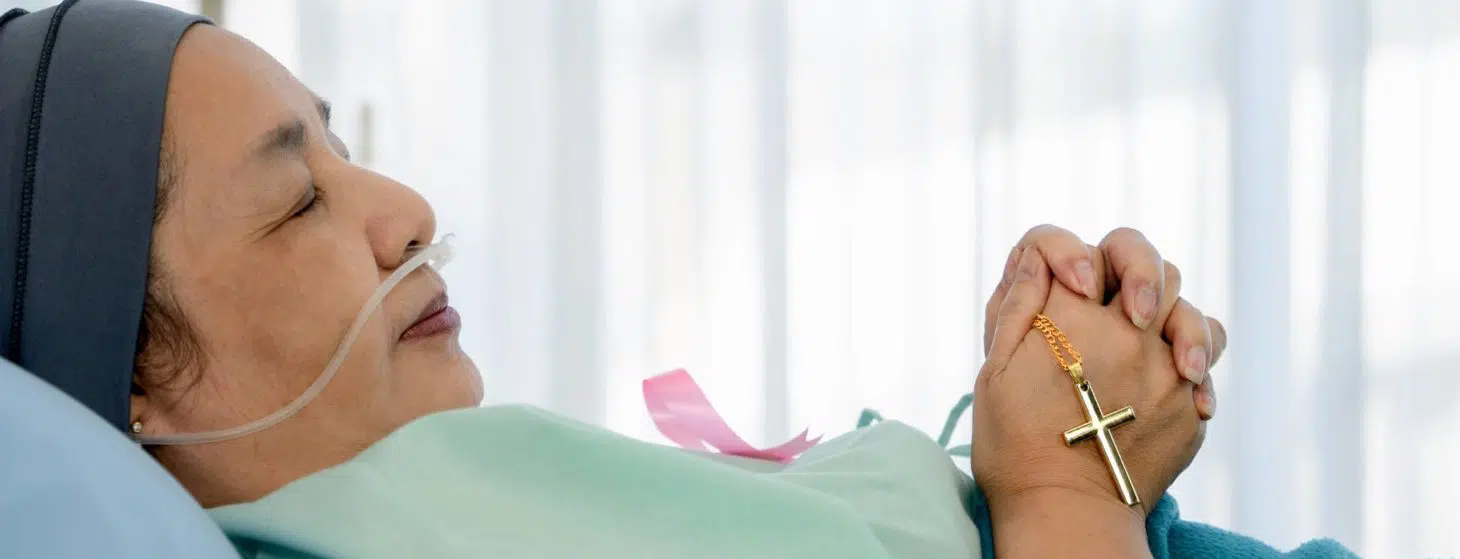Making End-of-Life-Decisions
“Evil committed for a good cause remains evil.” “Even when it succeeds?” “Above all when it succeeds.” ~Victor Hugo, History of a Crime (1877)1 An advance medical directive (AMD) is a legal document that allows a person to specify the medical treatment he wants and does not want in case he becomes incapable of making his…
Read MoreDo-not-resuscitate orders (DNRs) can be ethically permissible. However, certain criteria, as described below, must be considered in determining whether a DNR can be ethically implemented. What’s a DNR? A DNR is an order that healthcare workers (including paramedics) will not perform cardiopulmonary resuscitation (CPR) on a patient if the patient’s breathing or heartbeat…
Read MoreCaleb Beaver died when he was 16 years old on Christmas Day 2011. His death was caused by a congenital malformation in his circulatory system that was never diagnosed. His parents were devastated. They decided to donate his heart, kidneys, lungs, liver, and pancreas. Several months later, Caleb’s parents met the person who had received…
Read MoreWhen preparing our own advance medical directives, or when assisting others to do so, it is critically important for us to know precisely where ordinary means of treatment end and extraordinary means begin. Pro-euthanasia groups have made a lot of progress by lodging in the public mind the specter of power-hungry doctors “playing God” and…
Read MoreAs we or our loved ones get older and begin to consider advance medical directives, we should also think about the question of pain and how we intend to deal with it. Those who diligently practice their Catholic faith commonly ask three questions regarding the ethics of pain management drugs near the end of life:…
Read More






